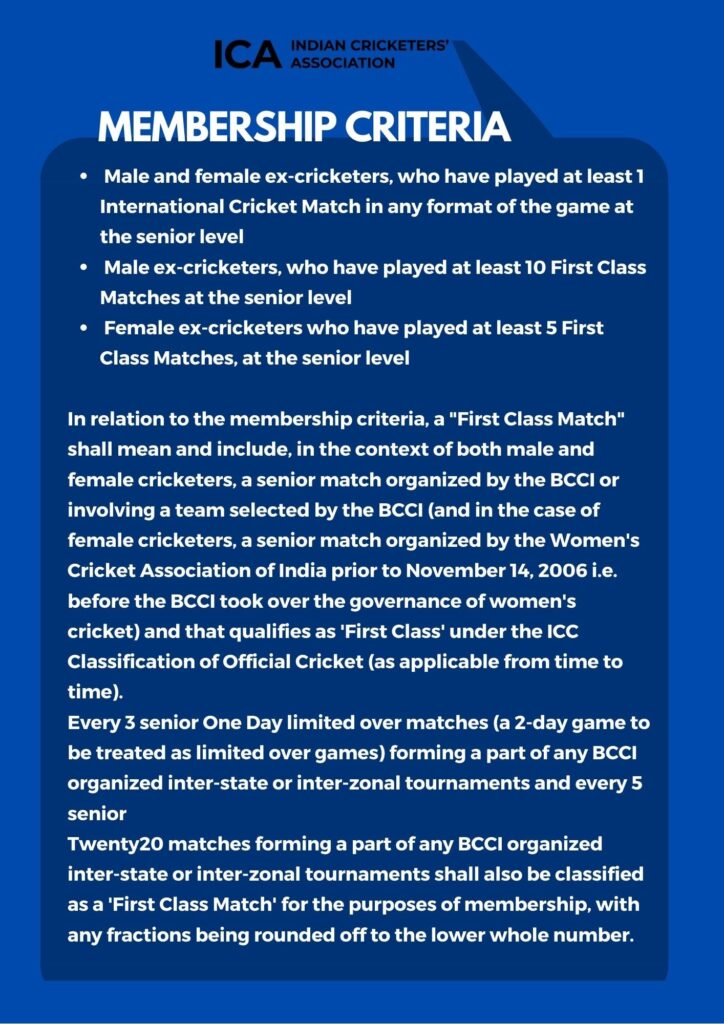MENTAL ISSUES IN SPORTS CAN NO LONGER BE SWEPT UNDER THE CARPET

By:- Yajurvindra Singh
Email:- sunnybilkha@hotmail.com
These are just two examples. One wonders whether in the past, sportsmen and sportswomen faced similar mental issues but were scared to reveal it.
The very concept of playing a game and partaking in a sport was to teach and familiarise youngsters to integrate and form a bond with one another, create teamwork and friendship and learn to ride the good days with the bad. Winning was important but participating was just as good. Sportsmanship and good ethical values of competing against one another and playing according to the set rules was what made sports special.
Even the great battle in the Mahabharata had norms wherein the charioteer, the mahout and other unarmed individuals were not attacked.
The huge, phenomenal rise in sporting encounters being telecast through multimedia channels to one and all has sportsmen and sportswomen facing a situation like never before. Winning at all costs has taken precedence and therefore, an athlete, is now faced with pressures galore.
The adulation and financial generosity that is being rightly bestowed on our very first Olympic gold-medallist in athletics, the javelin thrower Neeraj Chopra, is wonderful. He deserves every bit of it for making every Indian proud. However, all the other Indian Olympians have also worked as hard to qualify and participate. One hopes that the ones without a medal to showcase take their failure well and without any future mental repercussions. This is where sports administrators and coaches play a major role in keeping them going.
Mental issues relating to sportspersons has become an essential topic to dwell upon. In the earlier days, if one could not stand up to the pressures and failed to perform, one was typed as a person with a weak temperament and one who did not have the strength to compete.
“The mental trauma being faced by leading sports personalities now is very worrying,” said Dr. Roma Kumar, the acclaimed clinical psychologist from emotionally.in.
The pressure to perform can cause fear, excessive stimulus as to what to do or what not to do and confusion in one’s mind. This, she says, leads to stress, anxiety, negative thoughts that effect the basic processes of a sportsperson. This, therefore, also leads to low concentration and reduced coordination of movements hampering their normal performances.
If one analyses Dr. Kumar’s thoughts, these could have been some reasons why our top rung shooters, archers and even gymnasts who had brought laurels in World Championships earlier, failed. Our leading archer, Deepika Kumari, rightly said on return that she seemed to buckle down due to the pressure of the five circles. This was her 3rd Olympics and even though she was considered one of the front-runners to win gold, she unfortunately, failed to live up to her billing.
Both the Indian hockey teams, women’s and men’s did extremely well at the Olympics. However, bronze medal has got the men’s team far more generosity from well-wishers than the gallant women’s team which narrowly missed a medal.
The mental and emotional state of the women’s team came to light when Prime Minister Modi spoke to them to give them solace. He meant well to give them comfort in their defeat, but it led to tears and the coach had to stop the interaction before some of the women broke down completely.
The thought of not being able to win a medal for the country made some of them even more depressed. Similarly in golf, Aditi Ashok was a worthy 4th place finisher against the best in the world. However, with no medal to boast of, she got no recognition from even her state government. These are the athletes, who now require to go through sessions with a psychologist as one never knows what mental issues may surface in the future.
It has become imperative that a serious thought be given to tackle mental issues of a sportsperson right from school to the International level.
Sachin Tendulkar, the icon of Indian sport, has also revealed recently the pressure that he went through mentally. So did Virat Kohli earlier. One wonders as to what must be going through in the minds of thousands of upcoming sportsmen aspiring to follow in their footsteps. To read about their international sports heroes struggle through such problems may make some of them worried about pursuing their dream.
This is a time of plenty of choices and options for individuals. Sports coaches at all levels need to be trained, qualified and educated to assess the mental condition of their students. Individual sports is an area that puts even more pressure on a sportsperson.
Therefore, it has become important to monitor a sportsperson on a regular basis about all aspects of their health — physical, emotional and mental. This, one hopes, will reduce the possibility of deterioration in mental health which was never encountered so much before.
(Yajurvindra Singh is a former Test cricketer. Views expressed are personal)

